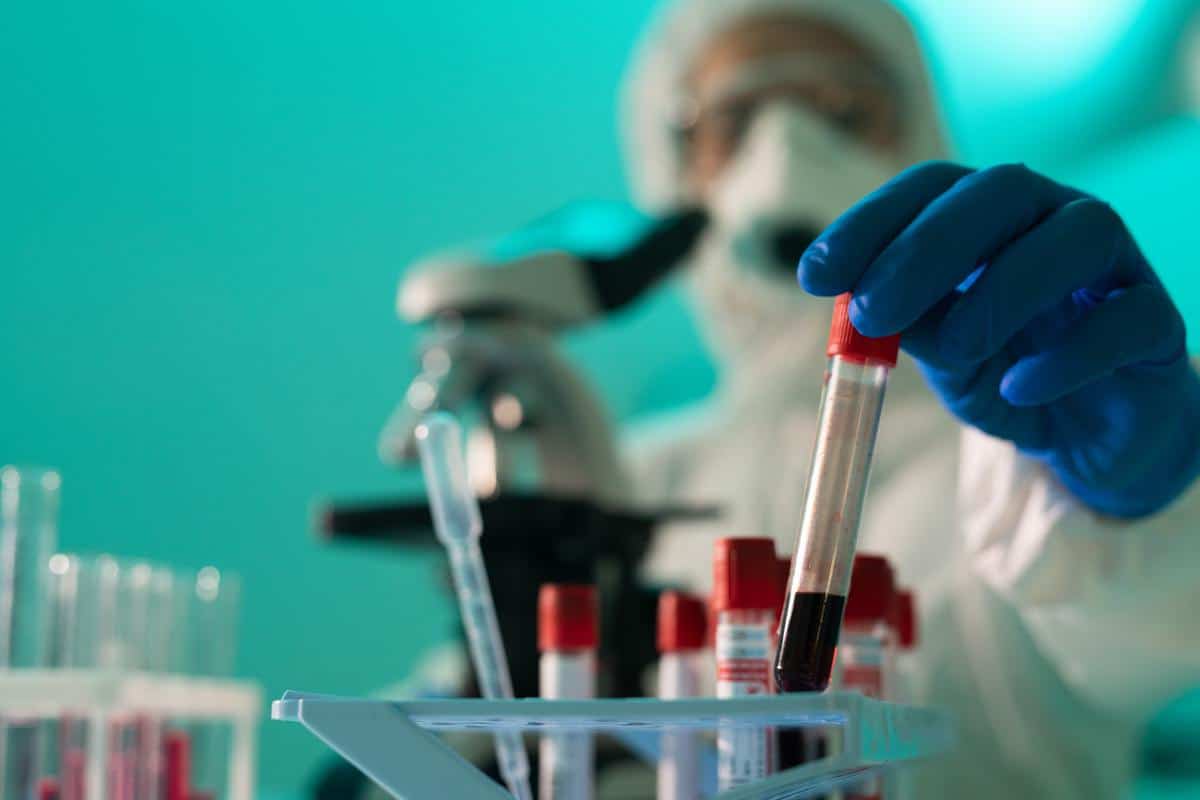
New Delhi: In view of reports of a surge in respiratory illnesses in China, the Virus Research and Diagnostic Laboratories (VRDL) network under the Indian Council of Medical Research (ICMR) has been asked to test all samples of severe acute respiratory infection (SARI), with a particular focus on samples from children, Parliament was informed on Friday.
Further, a list of priority viral and bacterial agents (including mycoplasma pneumoniae), for which the samples need to be tested, has been shared with the VRDL network, Minister of State for Health S P Singh Baghel said in a written reply to a question in the Lok Sabha.
Situation under close watch: Baghel
“While WHO, in the context of surge in respiratory illness in China, has not recommended any trade/travel restrictions, the health ministry continues to maintain a close watch over the evolving situation in China, as well as globally,” Baghel said.
He said the World Health Organisation (WHO), in statements issued on November 22 and 23, reported an increase in the incidence of Influenza-like Illness (ILI) in northern China that is being witnessed since October. It has been attributed to a rise in the circulation of known pathogens (including influenza, mycoplasma pneumoniae, respiratory syncytial virus (RSV) and SARS-CoV-2) by Chinese authorities, the minister added.
The WHO has also reported clusters of undiagnosed pneumonia among children in northern China.
According to the global body, Chinese authorities have not reported detecting any unusual or novel pathogens or unusual clinical presentations, but a general increase in respiratory illnesses due to multiple known pathogens, Baghel said.
Health ministry’s advisory
The health ministry, in an advisory issued on November 25, requested all states and Union territories to review their public health and hospital preparedness and response capacities, including a review of the requisite human resource, hospital beds, testing capacities, availability of medical counter-measures and adequate provisioning of infection-control practices at health facilities.
Reiterating the ministry’s guidance on “Operational Guidelines for Revised Surveillance Strategy in context of COVID-19”, the states have been requested to strengthen ILI/SARI surveillance for respiratory diseases and report it regularly on the IDSP-IHIP platform.
In terms of enhancing laboratory capacities for a timely laboratory-based confirmation of etiologies, the ICMR has established a network of more than 150 virus research and diagnostic laboratories (VRDLs) to strengthen the nationwide network of laboratories for a timely detection and laboratory-based confirmation of pathogens, Baghel said.
“In response to reports of surge in respiratory illness from China, as a measure of abundant precaution, VRDL network has been instructed to undertake testing of all samples of SARI cases, with particular focus on samples from children,” he said.
For timely detection of disease outbreaks, disease surveillance activities have been strengthened under the Integrated Disease Surveillance Programme (IDSP) that allows for a decentralised system of trained rapid response teams at the central, state and district levels to monitor disease trends and institute requisite public health control and containment measures in the early phase of outbreaks.
“Further, in accordance with Ministry of Health’s guidelines for international arrivals issued on July 19, 2023, thermal screening of international travellers to India is conducted at the points of entry,” Baghel said.



